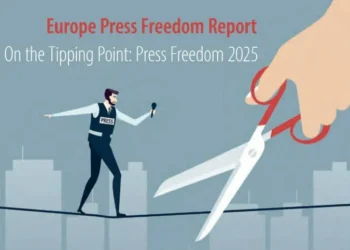The European Union on Monday published a detailed evaluation on the effectiveness and impact of the EU’s cooperation with Georgia over the past funding period (2014-2020), the EU Delegation to Georgia reported on Monday.
The evaluation reads that the EU’s cooperation with Georgia has been “strategically sound and has benefitted from a strong institutional setup in its design and implementation.” The conclusions also state that a wide range of instruments, modalities and funding channels have been employed in the cooperation with Georgia.
“There has been progress contributing to increased accountability and transparency and the visa liberalization has worked well. The evaluation highlights that the population’s trust in the European Union has remained high.”
According to the document, however, the visibility of EU programs has been an issue in the early stages of the evaluated period, but the Delegation has improved its approach. Also, among the shortcomings, limited progress in the reform of the judiciary as well as in human rights, have been noted.
The following general recommendations were given by the evaluation team:
The EU should continue to use the wide range of instruments, modalities, and channels, including policy and political dialogue, but with closer attention to effectiveness. The European Union should adopt a critical approach to assessing the need for capacity building and technical assistance to ensure sustainability. Results of interventions should be closely monitored. The EU should continue to improve the quality of mainstreaming cross-cutting issues, particularly gender equality and women’s empowerment. The European Union’s cooperation portfolio should be positioned strategically to reflect the evolving geopolitical context.
The evaluation also gives detailed recommendations on six priority sectors of EU-Georgia cooperation in 2014-2020:
Agriculture, rural and regional development, Public administration reform and public finance management, Justice, Rule of Law and democratic governance, Economic development, market opportunities and skills, Connectivity, Mobility and people-to-people contacts.
“The Delegation of the European Union, in close coordination with colleagues from the European Commission’s headquarters, has already begun to implement some of these recommendations in the design of new programs. Further ideas on how to adapt the recommendations were discussed during the meeting last Friday. They will be taken into account when developing new programs and priorities for assistance in the coming years,” reads the statement.














